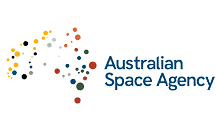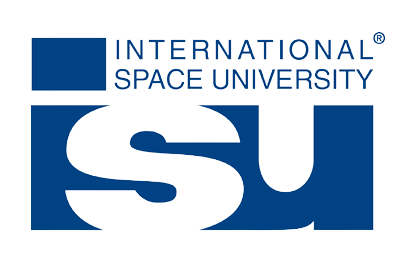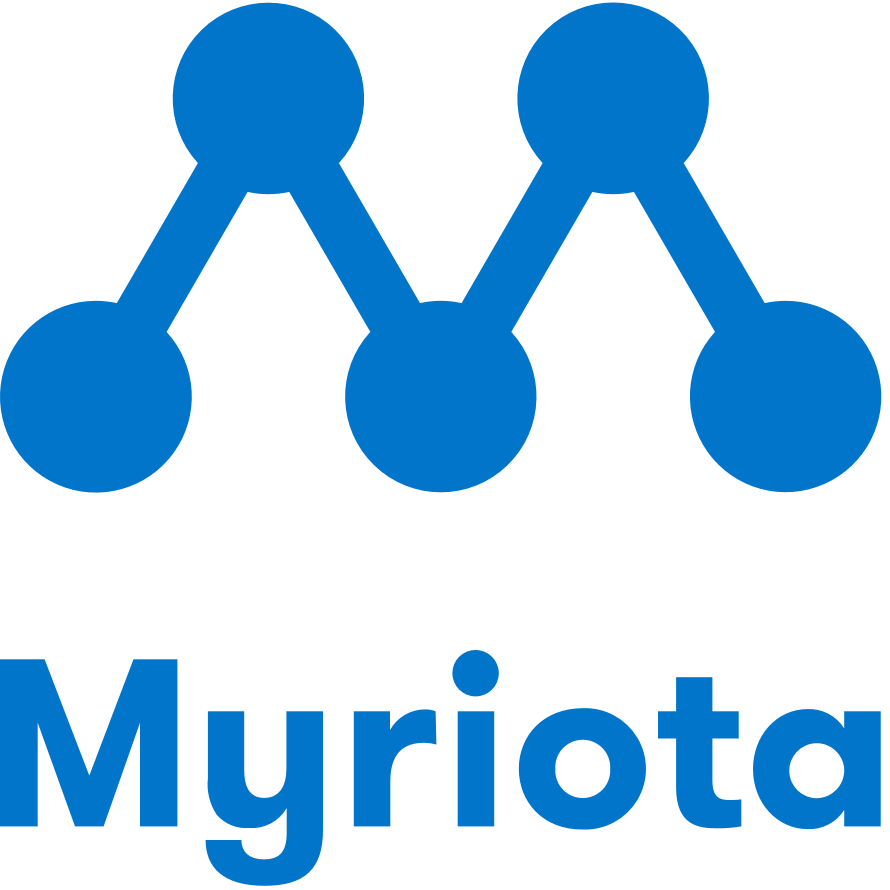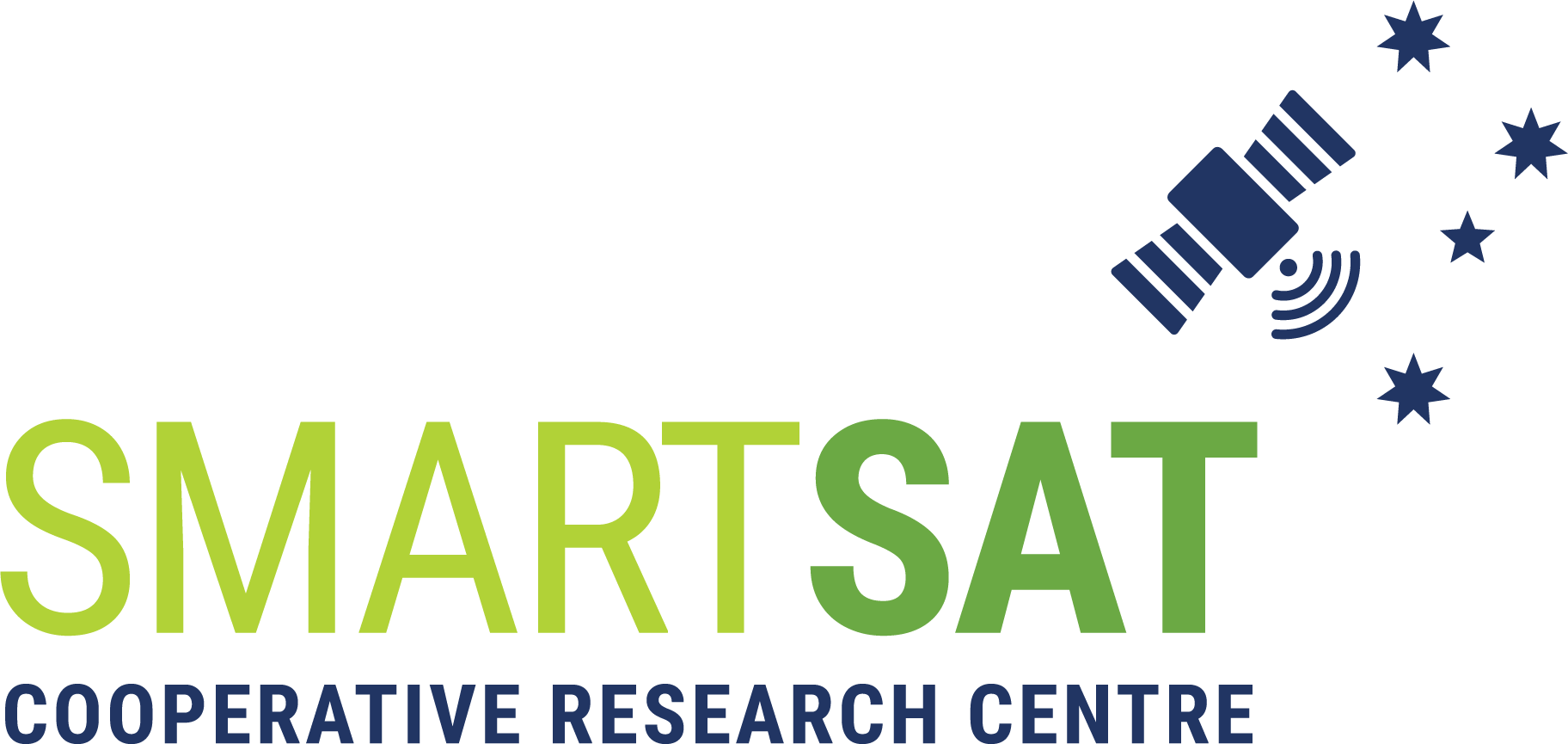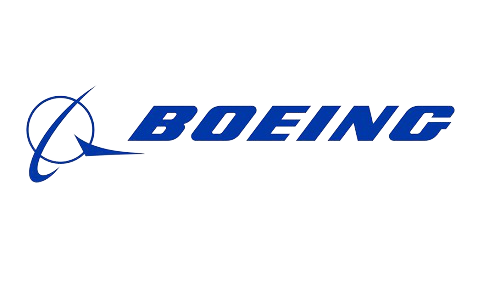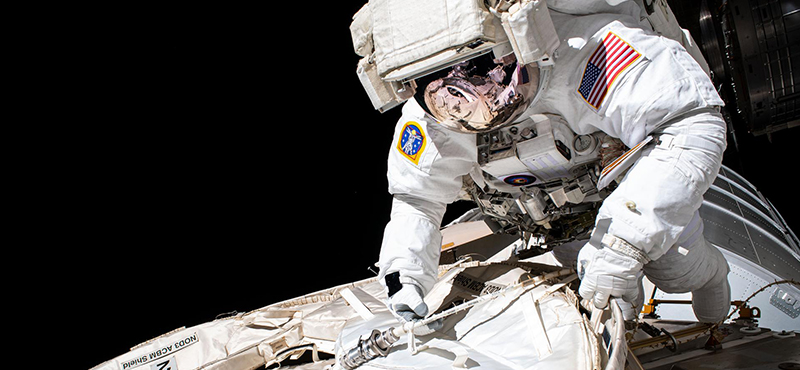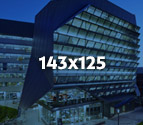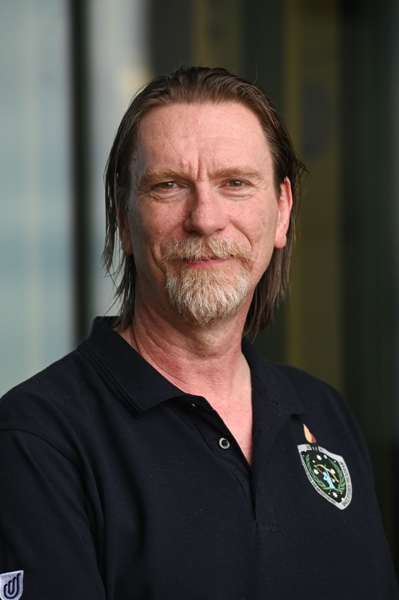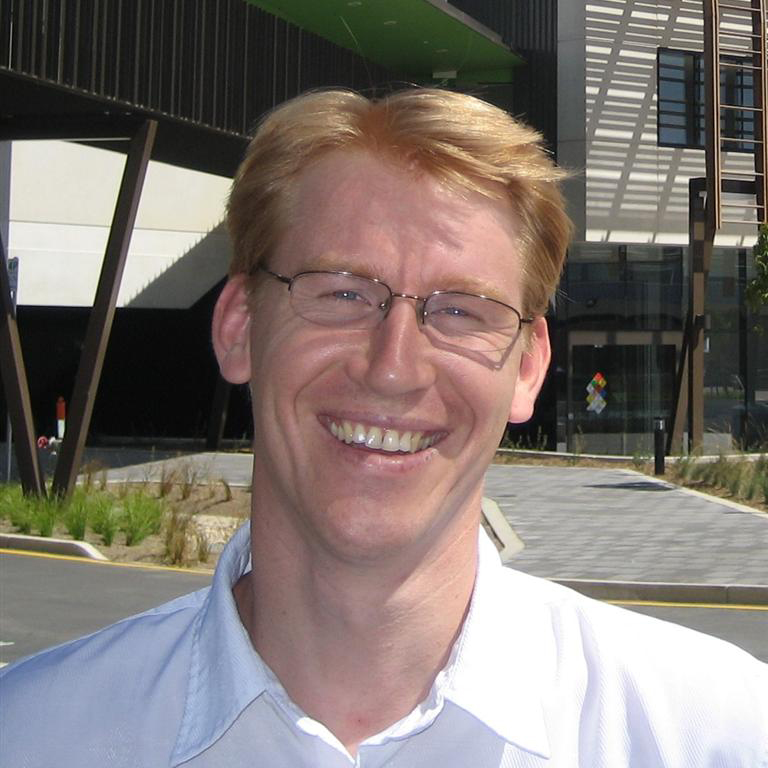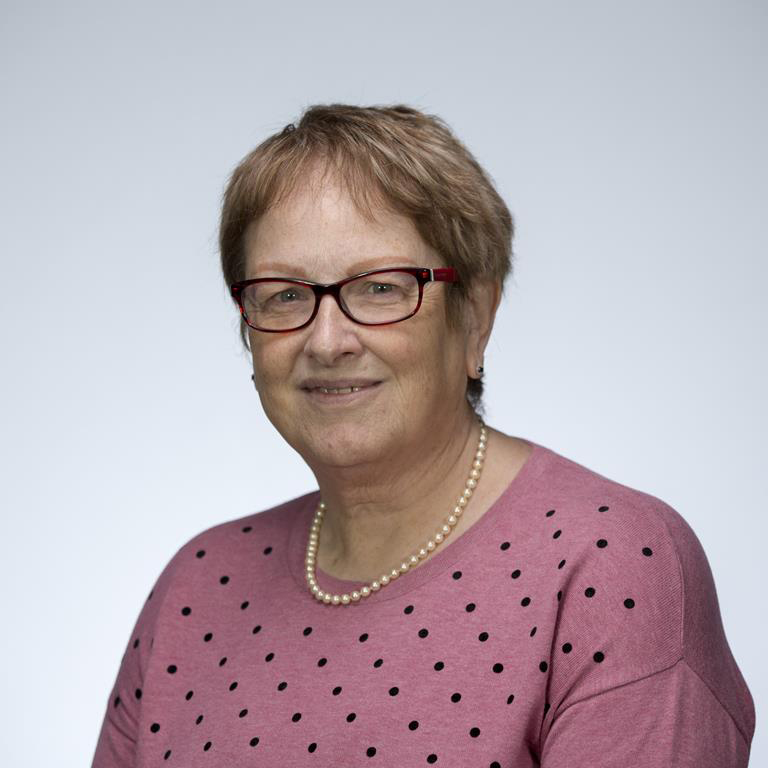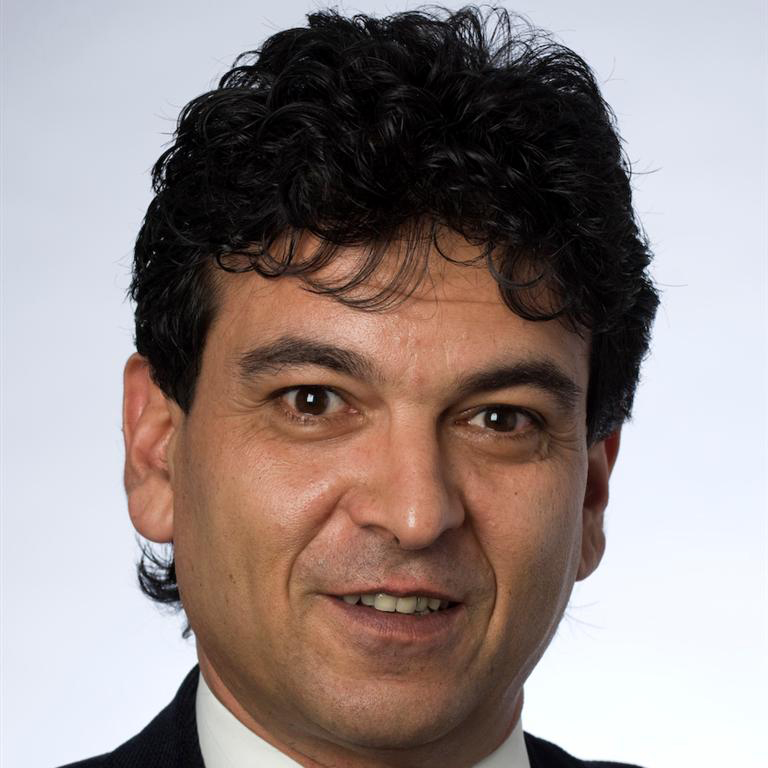As humanity looks to expand its presence beyond Earth, the wellbeing of the women and men who undertake off-planet activities remains top priority. With space missions likely to become longer over coming years, developing reliable ways to monitor the health of astronauts is a crucial aspect of space exploration. UniSA’s Associate Professor Craig Priest is currently working with NASA to develop non-invasive sensors to monitor health through the testing of bodily fluids such as sweat and saliva, identifying potential health issues quickly and easily.
Exploring and defining new frontiers



